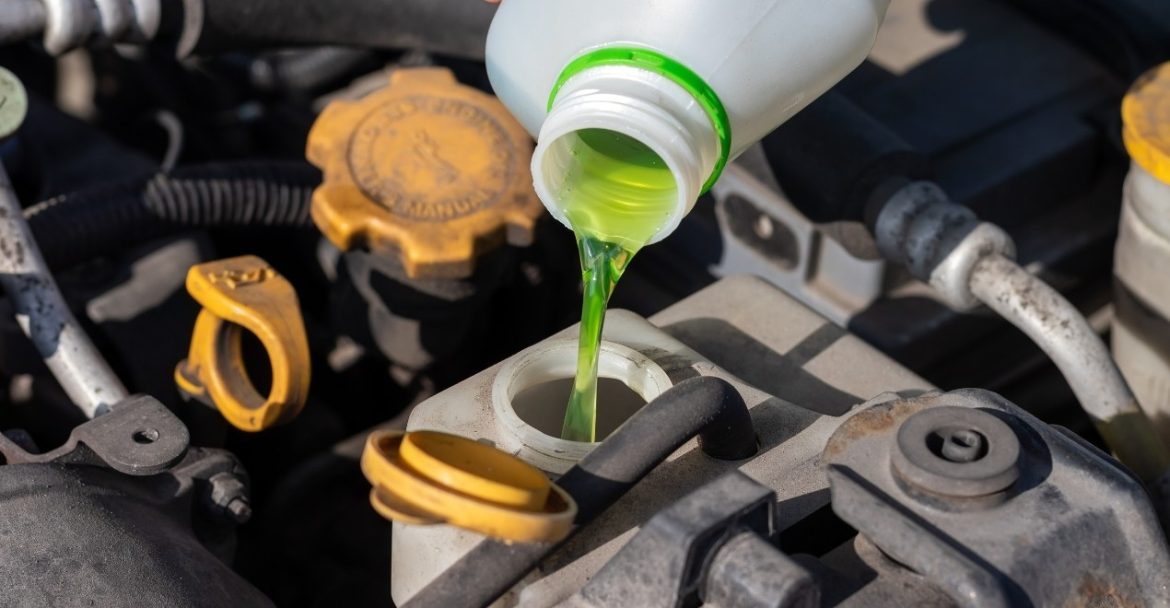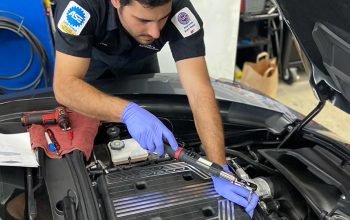Coolant serves as a crucial element within the engine of every vehicle, playing a vital role in regulating the temperature of the engine. The operation of the engine generates a significant amount of heat due to the process of internal combustion. Uncontrolled heat may lead to overheating, posing a significant risk to engine components. The heat is absorbed by the coolant, typically a mixture of water and antifreeze, and subsequently released through the radiator. The coolant serves to extend the lifespan of the engine and prevent component failure by maintaining an optimal temperature.
The Importance of Regular Coolant Inspections
To ensure optimal engine performance and mitigate the risk of overheating, it is essential to conduct regular inspections of the coolant system. The effectiveness of coolant can diminish over time due to degradation or contamination from rust, dirt, and sludge. It is recommended that one regularly assess the level and condition of the coolant, typically as an integral component of standard maintenance protocols. By implementing this practice, you can ensure that the coolant operates efficiently and identify any potential issues before they escalate into costly repairs by the auto repair shop in Johnstown, OH.
Professional Maintenance Protocols
Expert technicians at Auto Services employ a variety of best practices in the maintenance of cooling systems. The initial step involves a thorough visual inspection of the coolant to identify any potential leaks, debris, or discoloration within the cooling system. It is crucial to assess the pH balance and freezing point of the coolant to ensure its ability to withstand temperature fluctuations. To ensure optimal performance, a thorough coolant flush may be conducted to eliminate outdated, contaminated coolant and substitute it with fresh fluid. It is equally important to assess and address the condition of additional components within the cooling system, including the water pump, radiator, and hoses, to ensure optimal functionality.
The Consequences of Neglecting Coolant Maintenance
Neglecting coolant maintenance could lead to significant consequences. Overheating an engine can lead to serious consequences, including warped cylinder heads, head gasket failure, and even complete engine seizure. Such malfunctions frequently result in expensive repairs, delays, and frustration. Insufficient coolant levels can lead to corrosion within the cooling system, potentially resulting in leaks that exacerbate the problem. Consequently, prioritizing coolant inspections and maintenance not only reduces costs but also enhances the longevity and reliability of the vehicle.
Mitigate Engine Overheating
In summary, professionals conduct coolant inspections as an essential component of vehicle maintenance to ensure optimal engine health and performance. Automobile proprietors can avoid the complications associated with engine overheating by understanding the role of coolant, recognizing the indicators of overheating, and arranging for regular maintenance. Engaging skilled professionals for thorough coolant inspections provides not only peace of mind but also safeguards your financial investment. Regular maintenance of your vehicle’s cooling system represents a prudent investment in preventative care, ensuring that the engine remains cool and operates efficiently for an extended period.




